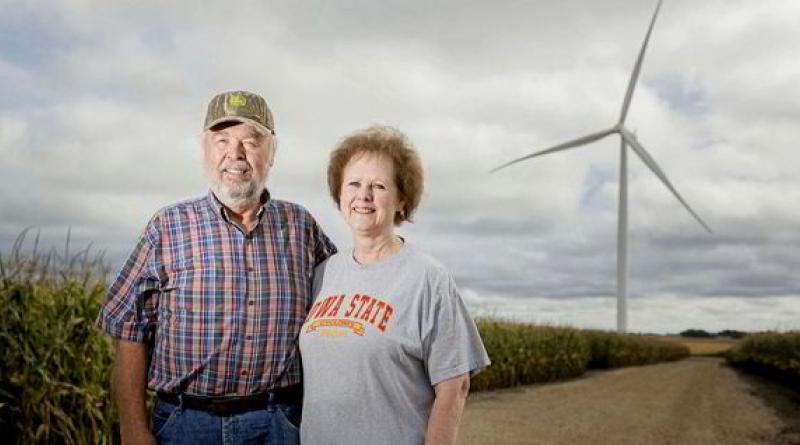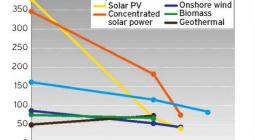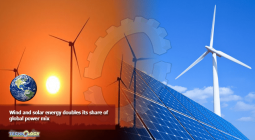How to turn 'not-in-my-backyard' wind opponents into 'please-in-my-backyard' supporters

The key to winning hearts and minds is treating people with respect, writes Peter L Kelley
Picture a majestic wind turbine collecting energy out of thin air. Now picture it close enough to see each day as you come and go from your house or farm, with blades big enough to span a football field, yet still light enough to turn in the wind.
As more people have that experience, wind farm developers have had to become expert at community relations. Speaking with wind skeptics is now a must, as is knowing how to mobilise enough wind supporters to win the necessary permits from local authorities in order to site a new project .
NIMBY (Not in My Back Yard) sentiments are increasingly fed by astroturf campaigns in which grassroots opposition is inflated by industries that have something to lose. A more helpful framing has been called the PIMBY (Please in My Back Yard) phenomenon.
The Iowa Farm Bureau website calls wind “the newest and most biofriendly energy crop yet,” and uses the motto, “People. Progress. Pride.” When Iowa voters were asked to pick a new design for the state’s license plate in 2017, they chose one that shows a barn, the Des Moines city skyline — and a wind turbine.
Joshua Brinkman and Richard Hirsch of Virginia Tech investigated rural communities that welcomed wind power. They found that for many farmers, the turbines fit into their desire to have the latest gear and to gain an advantage in the challenging economics of large-scale agriculture. They also found that ultramodern farming practices form an important part of a farmer’s self-image, combating urban stereotypes. Farmers with income-generating turbines on their land view them as “symbols of their technological savvy,” like the GPS- and laser-guided tractors they use to compete in international commodity markets.
Mutual respect can make the difference between fostering pride or creating opposition when a wind farm comes to town, according to David M. Hart, director of the Center for Science, Technology, and Innovation Policy. He wrote about the Virginia Tech study in the Lincoln Journal Star: “PIMBY is not mainly about money. It’s also an attitude, a commitment, an identity. It’s about a feeling that you’re part of something bigger and grander than yourself that you can pass on to your children and grandchildren. It’s about defining yourself as forward-looking and modern. It’s a complete rejection of Hollywood’s Beverly Hillbilly stereotype of rural people.”
Study co-author Brinkman stressed that what really makes PIMBY work is “respect”. Respect for the intelligence of the people who live nearby. Respect for their values and their love of the land. Respect for their traditions and desire to preserve their heritage.
People want to be listened to without judgment and they want their input to make a difference, according to a survey looking at 30 years of research into community engagement around wind projects, by Joseph Rand and Ben Hoen of Lawrence Berkeley National Laboratory. Perceived fairness, participation, and trust during the development process have a powerful impact on community acceptance, they found. “Sound and visual impacts of wind facilities are strongly tied to annoyance and opposition, and ignoring these concerns can exacerbate conflict,” they wrote.
And if out-of-towners insist that a facility must be built right here, right now, because that is the only thing that will save the planet, then PIMBY can very quickly morph into NIMBY.
Reversing negative attitudes is not easy, but it can be done — sometimes literally across a kitchen table. Chris Barker, a farmer himself, was working as a site manager for energy contractor Blattner Energy when he was called in to address communication problems surrounding a wind farm under construction in rural Texas.
As Barker, wearing his hard hat, told it, “we just went around and met everybody, drove them around, took time to go to their houses and talk to them, and stepped in and gave them somebody to voice their opinions to.” At one house he found himself being cussed out by a farmer who said a road had been cut across his land without permission.
“So I go over there to meet with the guy, and he’s just screaming the whole time. I mean he calls me everything but a man,” Barker recalled. “I wanted so bad just to duck and run, or tell him what I think. But I had to kind of suck it up. And we got through it.”
Listening further, he found the man was correct: a critical document had gone unsigned under a previous developer. Barker agreed to make it right, which also saved the project from having to move its collector system by a mile. “And when we left, he’s telling us all about his kids and inviting us over for supper to watch his son play college ball.”
The electrical superintendent on the project concluded: “The lesson learned here is to be approachable. To be genuine. To be honest. To be concerned. And to follow through.”
Peter L. Kelley is managing partner of RenewComm LLC, a PR firm that specialises in cleantech and renewable energy.
This article was originally written for analyst Boundless Impact’s Expert Insights series.
(Copyright)
17 August 2020






